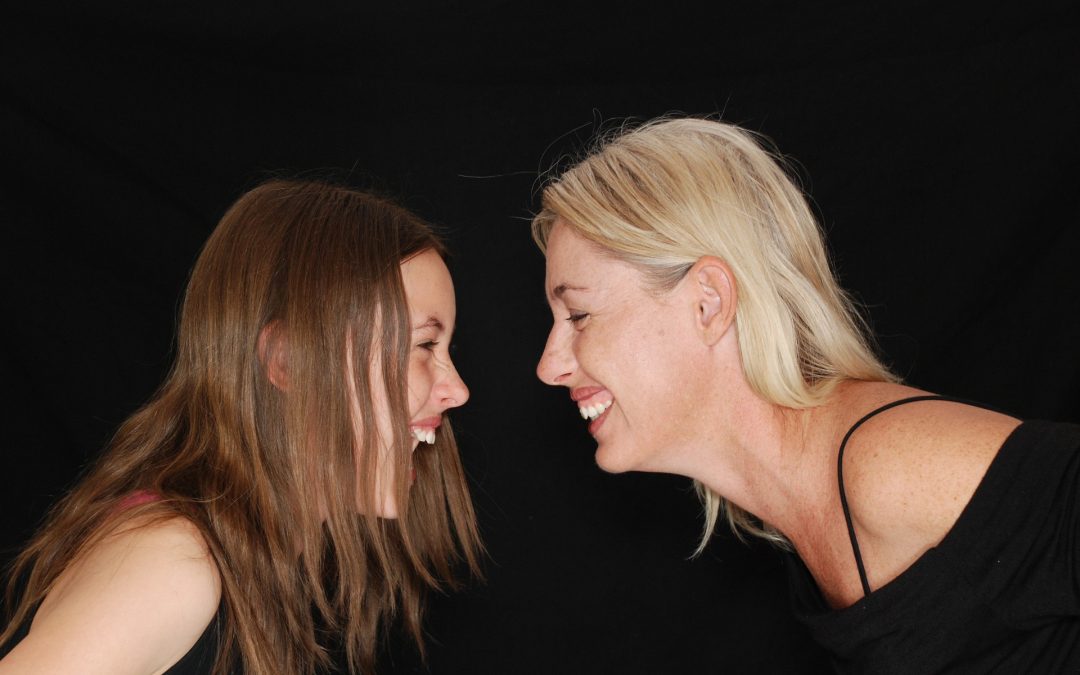Young kids tend to live with the comforting belief that what happens in their home is the norm. Every home has a vibe and a flow that is unique, and the family culture is integrated into a child’s identity and understanding of life from the very beginning. There might be some early small cracks in the veneer for your child, times when you’re required to impatiently explain that staying out late or eating junk food might be fine for Tommy’s family, “but we do things differently here!” Even so, in a younger child’s eyes, family routines and practices are usually taken for granted as the standard way of being.
One of the biggest shocks to an older child’s system is the dawning realization that their family is “weird.” Perspectives begin to shift once a preteen starts to spend more time out in the world on their own, stacking up revelatory observations all along the way. What follows is oftentimes a healthy period of scorn and disdain when they’re expected to take part in family routines and practices they once accepted as the status quo.
If we’re lucky, they’ll eventually come full circle. Sooner or later, it will begin to sink in for them that all families are, in fact, weird…and that maybe some of your family’s own brand of weirdness is actually worth embracing. It’s unlikely that your child will tell you outright when they’ve come to appreciate your family’s proclivities, especially in the midst of deep sighs and eye rolls – but you might see some subtle evidence.
They may tell you in the way they make space for family traditions, especially the unique little ones. In my home, we occasionally decorate a small Charlie Brown-esque tree for “off” holidays like Halloween and Easter. Of my kids ranging from 9 to 15 years old, guess which one is the first to ask if we can pull it out of storage? He’s also the first to bring up the names of the imaginary family mascots who were born over a decade ago to help kickstart dinnertime conversation with our reluctant preschoolers (a motley trio named Bat, Ghost, & Treefrog). And he’s the one who can reliably be found in the kitchen happily making the bizarre Welsh dish we discovered when researching a third-grade genealogy project, which has long since become a family staple.
Household customs, idiosyncrasies, habits, and patterns of moving together combine to form the fabric of our kids’ foundations from toddlerhood right up until they launch into the world as young adults – and even beyond. All children are deeply influenced by their surroundings, in ways that they (and you) may not realize. Usually, the truth of this becomes even more evident as they enter the later stages of childhood. The touchstone of your family, in all its glorious weirdness, remains vital.
It’s easier than you think to nurture the foundation that supports our kids’ sense of belonging and meaning. I’m willing to bet your family already has more than a few quirky rituals that are more special to your kids than you realize. While the teen years may seem like a good time to pay them less mind, resist the impulse to fade them back. They make up the very ground on which your children stand – especially when the winds outside are making them feel unsteady. So, play up your particularities. Embrace your weirdness, especially when it looks like your kids aren’t paying attention. They are.

About the Author
Kerry Galarza, MS OTR/L is the Clinical Director and an occupational therapist at Elmhurst Counseling. She provides specialized assessment and intervention with children of all ages and their families. Kerry engages clients with naturally occurring, meaningful home-based methods to empower autonomy and maximize functioning.

